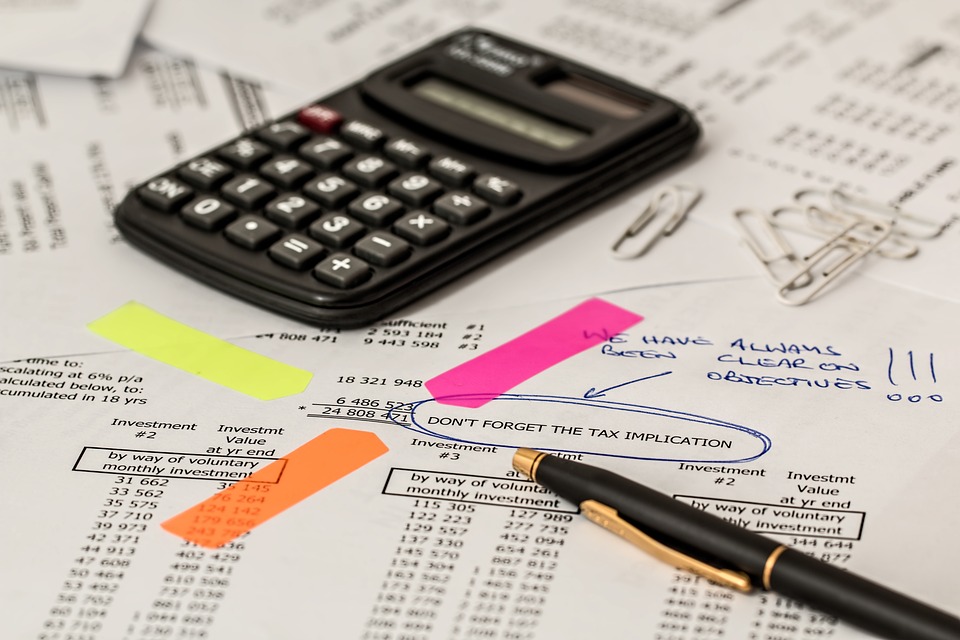Introduction
Social media has become an integral part of our daily lives, with billions of people worldwide using platforms like Facebook, Instagram, Twitter, and TikTok to connect with others, share content, and stay informed. While social media has revolutionized the way we communicate and interact, it has also raised concerns about its impact on mental health.
Comparison of Social Media Platforms
Each social media platform has its own unique features and functions, catering to different demographics and user preferences. For example, Instagram is known for its focus on visual content, while Twitter is popular for its real-time updates and news. Understanding the nuances of each platform is crucial in assessing their impact on mental health.
Positive Effects of Social Media
- Connection: Social media allows people to stay connected with friends and family, especially those who are geographically distant.
- Community: Platforms like Facebook groups provide a sense of belonging and support to individuals with shared interests or experiences.
- Information: Social media is a valuable source of news, information, and resources, keeping users informed about current events and trends.
Negative Effects of Social Media
- Comparison: Constant exposure to curated, idealized images and lifestyles on social media can lead to feelings of inadequacy and low self-esteem.
- Cyberbullying: Online harassment and bullying are prevalent on social media, contributing to increased anxiety and depression among users.
- Addiction: The addictive nature of social media, with its endless scrolling and notifications, can negatively impact sleep patterns and overall well-being.
Case Studies and Statistics
Several studies have explored the relationship between social media use and mental health outcomes. A 2020 study by the Royal Society for Public Health found that Instagram was the most harmful platform for mental health, particularly among young people, due to its emphasis on image and appearance. Additionally, research from the University of Pittsburgh revealed a correlation between high social media use and increased feelings of loneliness and depression.
Tips for Maintaining Mental Health on Social Media
Despite the potential risks associated with social media, there are ways to mitigate its negative impact on mental health:
- Limit screen time: Set boundaries for how much time you spend on social media each day to prevent overexposure.
- Curate your feed: Unfollow accounts that make you feel inadequate or trigger negative emotions, and follow accounts that promote positivity and inspiration.
- Take breaks: Give yourself regular breaks from social media to focus on real-life interactions and activities that bring you joy.
Conclusion
While social media has the potential to be a powerful tool for connection and information, it is important to be mindful of its impact on mental health. By understanding the positive and negative effects of social media, setting boundaries, and prioritizing self-care, individuals can navigate these platforms in a healthier way. Remember, your mental health is paramount, so curate your social media experience to promote positivity and well-being.
